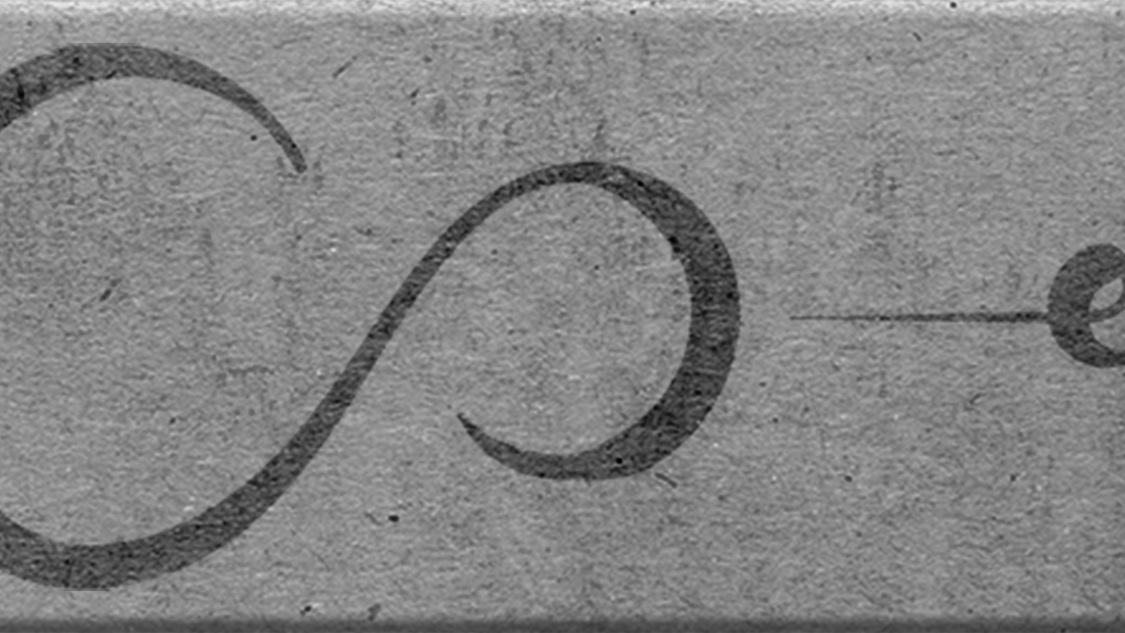The CAGED Guitar
A sampled guitar that blends the best of instrument and performance


ByCordaro Rodriguez
The story
When sampling, we generally sample the instrument or the performance of the instrument. The former gives the composer flexibility but leaves realism quite vulnerable. Sampling a performance, on the other hand, increases realism, at the cost of flexibility. We’re trying a middle approach with this library: The CAGED Guitar.
This middle ground approach could be called contextual sampling, essentialist sampling, or more wordily, reconstructive performance sampling. It involves making a recording of a performance style, deconstructing it analytically, cataloguing the essential elements of the performance that gives it realism, and then sampling only those necessary components. Then you put it back together into a sample instrument.
With CAGED Guitar, we didn’t sample the entire guitar and all it’s articulations. We deconstructed a recorded performance of it, and then reconstructed into a very playable instrument. It’s called the CAGED Guitar based on the 5 most common open chords of the guitar. We are submitting just the open E tuning, as this is part of a larger library we are working on and hope to market some day soon. My business partner, Micah and I started a music production and sampling company this year directly as a result of the inspiration we’ve found at Pianobook and Spitfire Audio. This is our fourth submission, after the Street Organ, Micah’s Choir, and Simple Pop Guitar. We are also in the process of developing several other instruments using the reconstructive performance sampling process and the results are promising!
Here’s how to use it:
There are three octaves on this instrument.
(1) The lower octave contains the root notes of the chord.
(2) The middle octave contained downstrokes of the high string.
(3) The upper octave contains upstrokes of the high string strings.
The best way to play it is with the left hand playing octaves of the downbeat, and the right hand playing the “weak” upstrokes in the third octave. Layer in the first octave downbeat only when necessary to change the chord. Check out this video to see it in action and get a better idea of how it works.
Although we’ve only provided one of the 5 keys we are sampling, you can squeeze out a few more keys using the tuning knob. In fact, Christian Henson will probably encourage you to do that. Obviously, the further away from the root pitch you go, the weirder it will sound. But it does sound somewhat glorious to pitch it down 3 semitones, crank up the reverb and strike the lower octave.
We’ve included a “monolith” version, in case you don’t want to fiddle with file paths.
Reviews
Super playable, incredible realism and sound for a sample instrument
This is an excellent guitar vst, it is super playable and sounds fantastic. It is only one key at the moment but hopefully the others are released soon...
Amazing as always Cordaro!Great Sound but wierdly to play.
I love this sound. But I can't play it properly. I just thought it was not that great sampled or programmed. But in the video I heard the real sound. Maybe make it a bit easier to play for guitar noobs like me.
Solid guitar instrument with excellent playability!
Even though this sampled instrument is somewhat limited in which key it was sampled in -- I was actually quite surprised at its playability and just how easily I could play and get a result that sounded like someone was actually performing the guitar in a believable way. I wish I'd learned guitar when I was younger, because I'd love to be able to play the actual instrument. However, I am a percussionist and pianist, and really appreciate this instrument in my collection. This is one of the good ones, and I'm looking forwrad to seeing what the larger library of other sampled keys sounds like when it comes out in the future. Nicely done.
There are some issues with repeated notes, but if you're playing slower strumming songs, it sounds great.
